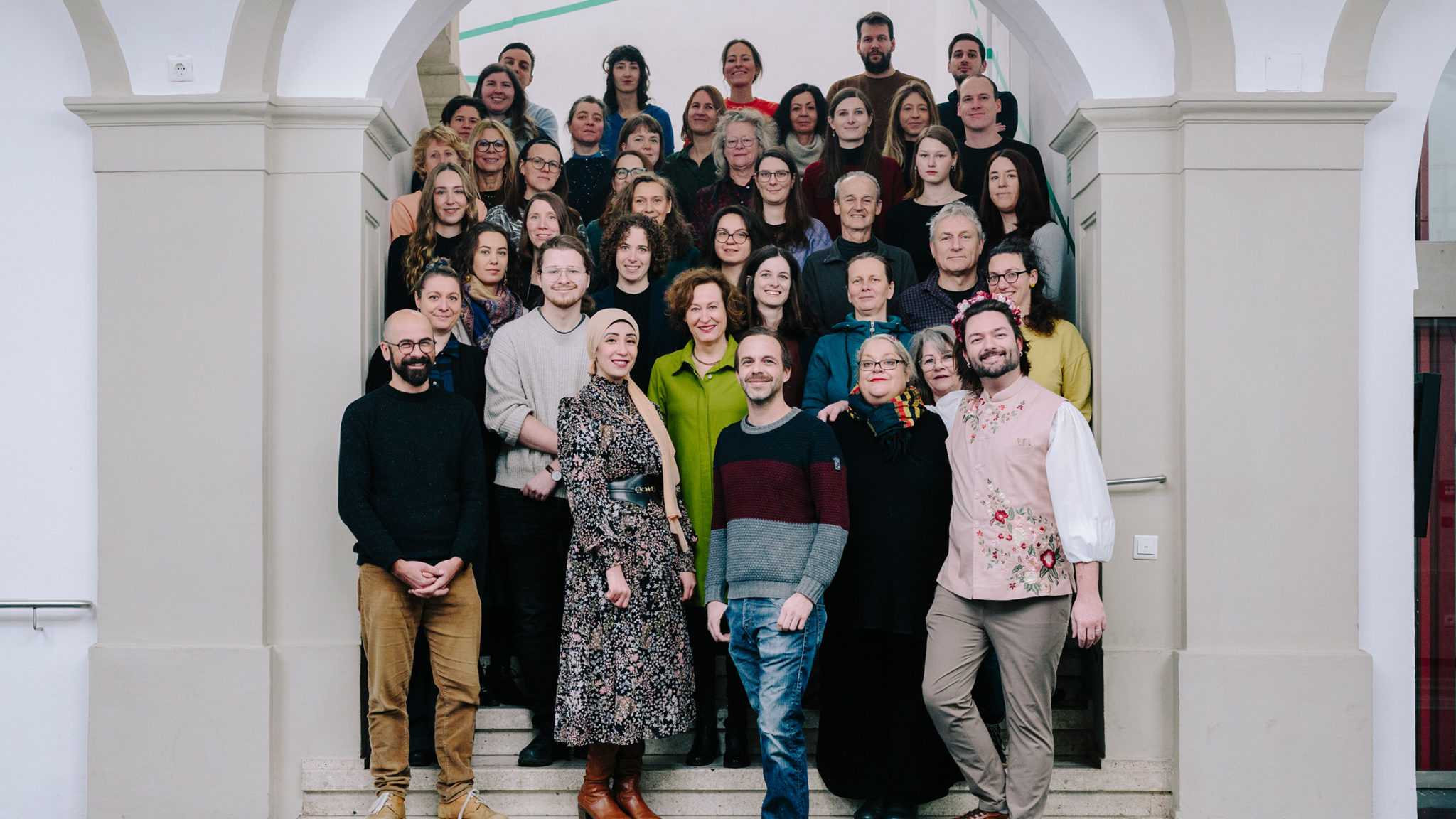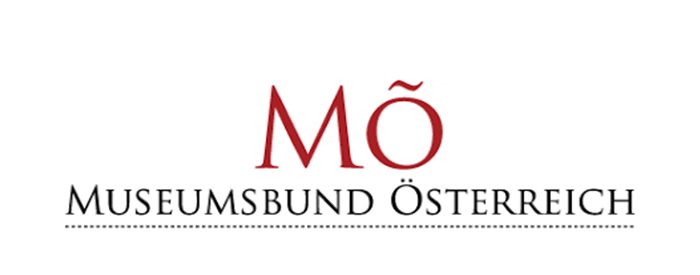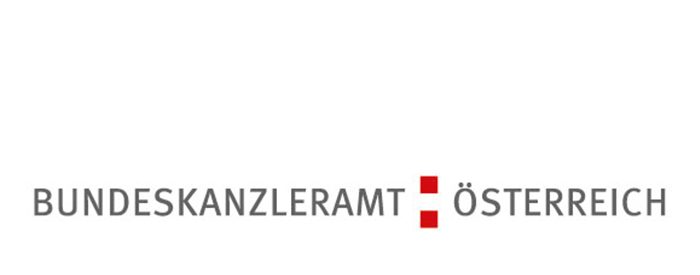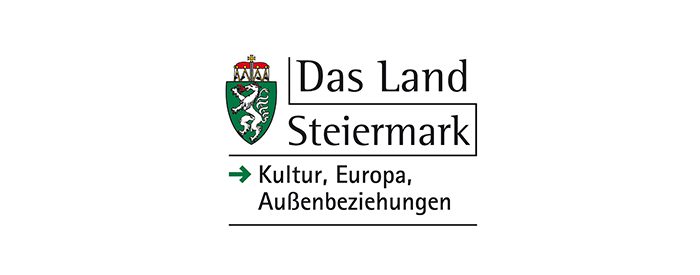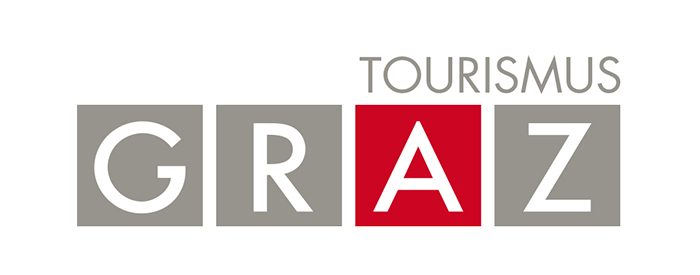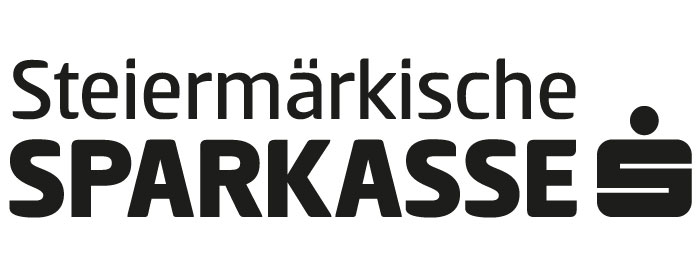About us
On the way to the democratic museum and archive
How can we bring the vision of a democratic city museum and city archive to life, think further and implement it? What potential of the institution can be used for this and what skills need to be acquired for this? What new and expanded role does the institution then take on in the city?
The Graz Museum and the Graz City Archives have been working on a 5-year, holistic process of democratization since January 2023 and would like to become a democracy generator themselves. Our goal is to become a central place for social negotiations and a participatory culture of discourse and thus contribute to social cohesion in the city of Graz.
In terms of content, the respective annual themes are central and are selected in a participatory process together with all employees. They are oriented towards socio-cultural issues of the present in relation to the city and look at the respective topic in the 3 time dimensions of past – present – future: what has happened, negotiating what this means for the present and how this changes allows one to imagine the future (Nora Sternfeld).
The History of the Graz Museums
The Years of Establishment and Travel
In 1928, the Stadtmuseum was founded by the municipality of Graz, the Landesmuseum Joanneum, the University of Graz, the Graz University of Technology, and the Styrian State Archive as a historical museum of the city of Graz on the occasion of the 800th anniversary of the first documented reference to the city of Graz. As late as ten years after it had been established—the items of the collection had been boxed in inadequate depots or had been placed in rooms of the town hall—, the museum was provided with exhibition rooms in the Palais Attems, Sackstraße 17. In 1951, it became a part of the Landesmuseum Joanneum and moved to Schloss Eggenberg but it returned to the city centre and into the ownership of the municipality in 1969. The exhibits of that time were historical objects and works of art owned by the municipality; over time, they were complemented by acquisitions and donations.
Permanent Residence in the Palais Khuenburg
After provisional solutions that had lasted for 44 years, the Stadtmuseum finally found its permanent residence in the Palais Khuenburg, Sackstraße 18, in 1972. There, efforts were made, beside comprehensively communicating the history of the city—building on the collection on display, which was opened in 1982—to resume the until then rather modest collecting activity. From 1995 to 1997, the museum was modernised under the leadership of Dr. Gerhard M. Dienes, who managed this institution for 15 years. Moreover, it shifted its focus towards a programme of special exhibitions—with shows such as “Wasser“ (Water), “trans lokal. Neun Städte im Netz“ (trans local. Nine Cities in the Network), and “Die Gesetze des Vaters“ (The Laws of the Father).
Ownership
In 2005, the museum was outsourced from the municipal administration under the leadership of Otto Hochreiter and has operated as Stadtmuseum Graz GmbH since then. Yet, the institution has also remained a hundred percent in the sole ownership of the City of Graz after it was outsourced. Dr. Günter Riegler is the City Councillor. Since January 2023, Sibylle Dienesch has been managing the Stadtmuseum Graz GmbH.
European Museum of the Year Award 2023 Special Commendation
The former Stadtmuseum Graz turned into the stadtmuseumgraz, and into the Graz Museum from the autumn of 2012 onwards, an exhibition venue which attracted plenty of attention on a supra-regional level and was nominated for the European Museum of the Year Award 2014 with its permanent exhibition “360GRAZ | Die Stadt von allen Zeiten” (The City in All Times | from All Perspectives).
The Graz Museum Schlossberg was the only museum in Austria to receive a Special Commendation as part of the European Museum of the Year Award 2023.
Austrian Museum Prize 2024
In 2024 the Graz Museum will receive the Austrian Museum Prize, which is awarded annually by the BMKÖS Museum Advisory Board for outstanding achievements in the field of museum work.
Excerpt from the jury’s statement: “The Graz Museum ambitiously negotiates current topics in (civil) society in a contemporary discourse between art, urbanism, science and storytelling. The Graz Museum, which is also responsible for the Graz city archives and a branch on the Schlossberg, has recently consciously opened itself up to the outside world.
The Graz Museum shows courage for controversial topics and is consciously actively involved in the city. The content spans the story of the city’s history in the permanent exhibition ‘360 Graz. A History of the City’ to special exhibitions that are organized into annual themes. Examples of this include the exhibitions ‘Jewish Life in Graz’ (2022), ‘Protest! In Graz from 1945 to today’ (2023) and the current show ‘Habitat Graz’ as part of the annual theme City Nature (2024).”
Code of Conduct
Stadtmuseum Graz GmbH (Graz Museum, Graz Museum Schlossberg, Municipal Archives Graz) is committed to basic democratic principles as well as to the Universal Declaration of Human Rights. We want to create a pleasant and positive atmosphere for everyone in our facilities, in all forms of on-site and digital encounters and collaboration.
These are our principles:
- Everyone is welcome here.
- We stand for an open and diverse society and oppose all forms of discrimination and racism.
- All people have the right to be treated with respect and consideration.
- The use of derogatory language and any form of discrimination or oppressive behaviour have no place in our institution.
We ask you to comply with these principles. Report any violations to our team or send an email to direktion.grazmuseum@stadt.graz.at. We reserve the right to take appropriate action. Violations of applicable law will be reported to the police.
We would like to thank you for your help in creating a respectful environment together.
The Team
